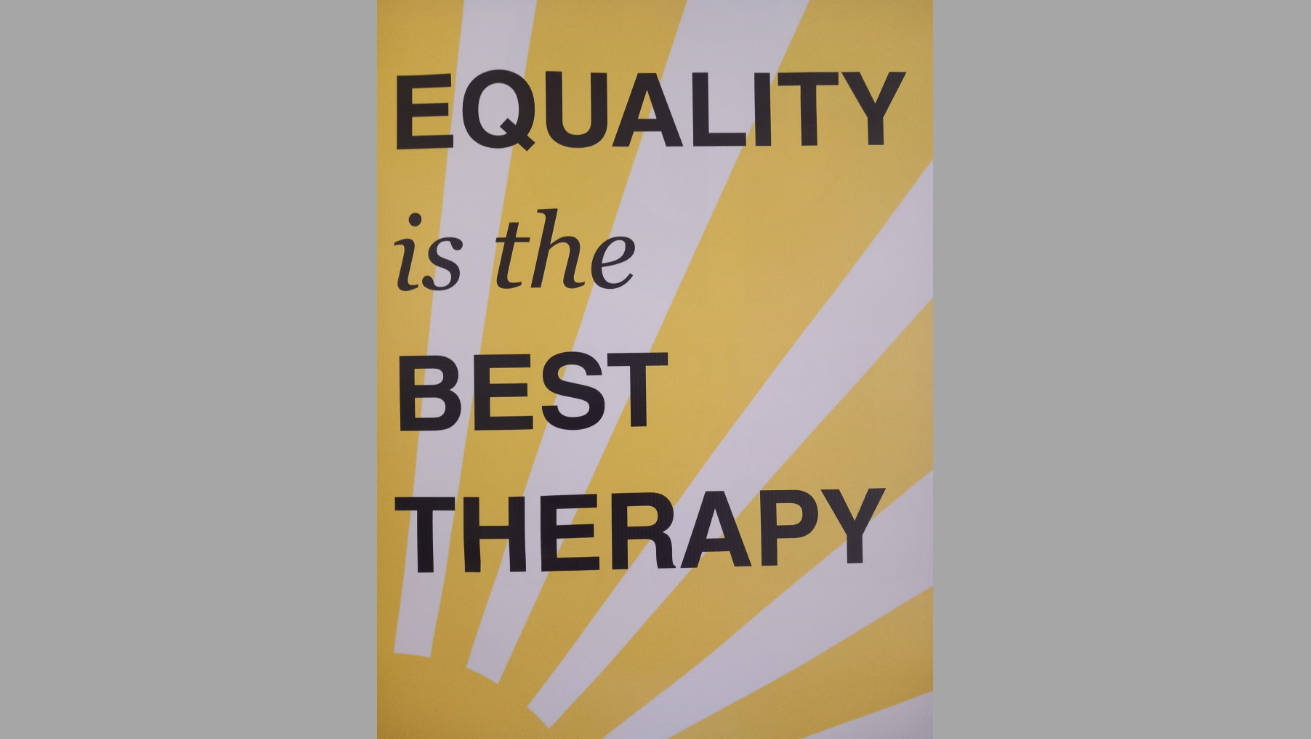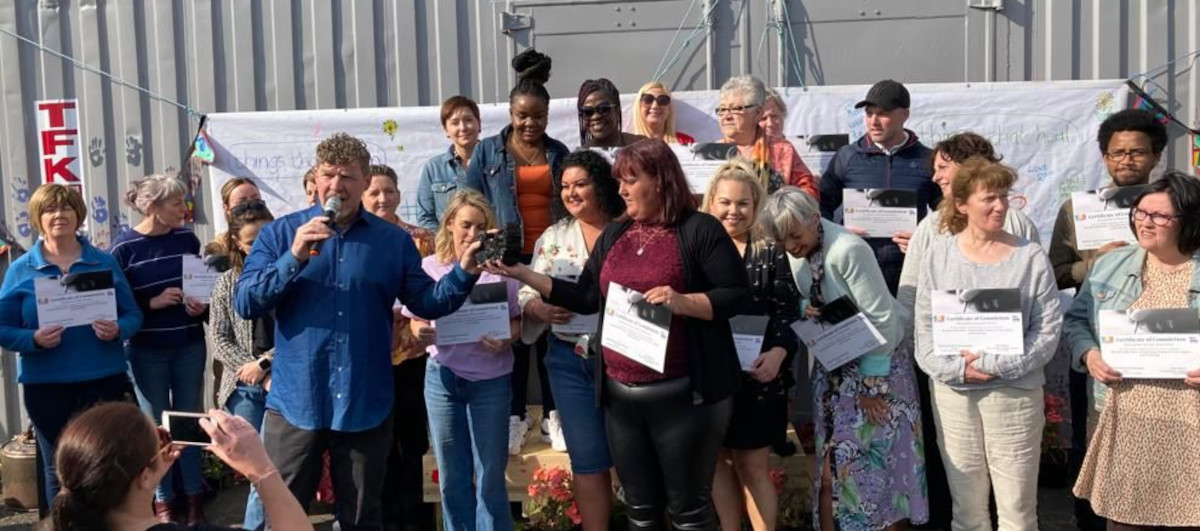The Rest of the Story – Collective Healing and Movement Building
Creating viable alternatives to the ever-growing waiting lists for mental health care
How can I, as a psychologist, leverage my position, skills and knowledge to enter into social and political action? To co-create a more just, equitable and sustainable world? This is a call to action from the Psychologists for Social Change Handbook. Developed by a group of young psychologists and their allies, standing on the shoulders of a long and little-known tradition of Community Psychology in the UK.
They were driven to take to the streets and act by the horrors of witnessing the political choice to cause citizens to starve and suffer. It began as Psychologists Against Austerity, and now we continue to organise as a loose non-hierarchical group of activists who engage in direct action and lobbying on a range of issues.
My attempts to respond to this call to action, started with learning from organisations such as Participation in the Practice of Rights (PPR). PPR generously invited me to join a trauma informed writing group, called The Rest of the Story, created by the writer and activist, Michael Patrick MacDonald. This group is for those affected by oppression and injustice and community workers who dare to look at the hard realities that are hidden in plain sight all around us. The Rest of the Story is about transforming trauma to voice, agency and social action. I am going to share with you the story of my experience so far.
I never imagined I would stick at it, amidst all the busyness of life and despite my doubts of belonging and fitting in. Sharing aloud my attempts at creating a narrative out of my innermost thoughts and feelings provokes a deep fear of shame and rejection. Although there is something about working together with prompts and writing exercises, everyone writing their own wee snippets and stories and then sharing them in turn, that leaves you feeling held and celebrated and heard.

Image caption: The Rest of the Story is for those affected by oppression and injustice and community workers who dare to look at the hard realities that are hidden in plain sight all around us
The Rest of the Story starts with hearing Michael Patrick share pieces of writing that took him from being decimated by trauma and injustice to finding a voice and a storyline with a future. There is guidance on how to be in the group, but it reads more like poetry and reverence to the work of recovering lost souls than rules or directives.
The gentle rituals of circling in and circling out, listening and sharing in turn - breeds that lovely ordinariness of being part of a community. But it is not based on simple or naïve kindnesses, there is a fierce and intelligent politics of solidarity and movement building at its core.
Together we can break free from the damage done when the outside gets in and oppression is felt like personal failure and badness.
I knew I was bought in when I saw that the approach is partly inspired by Judith Herman’s seminal work on trauma, that recognises the power abuses that span the horrors of domestic abuse right through to the political trauma of war. The Rest of the Story feels like a step in the same direction as Herman’s radical feminist therapy and social action. It provides agency to communities of people by using our innate storytelling capacities while finding our truths in safe spaces. Together we can break free from the damage done when the outside gets in and oppression is felt like personal failure and badness.
Theories of feminism and classism and racism are not spoken about directly, but Michael Patrick’s intersectional progressive values create a space where social harms such as wealth inequality and discrimination can be recognised as the true causes of emotional suffering. The theory that there is comes from the arts and the craft of writing, and applying this to the realities of life is a magical experience.
We live in a culture where the facts and numbers of the powerful and wealthy hold more sway than the creativity and synchronicity of human relationships. We are starved of exposure to the participatory arts that our species has thrived in for millennia, and we sorely need the skills to find our own voice in a friendly crowd and be taught ways to birth our own truths.
We get strength together through creativity and bouncing off each other, and that can fuel us to change the world around us. Creating viable alternatives to individuals on ever growing waiting lists who need collective healing. Communities working for communities, creating together. Using many forms of creative expression, including peaceful protest. The Rest of the Story isn’t about a hero’s journey. It is the uprising that allows a million different people to be at peace with themselves and know they belong, and each of our contributions is everything.